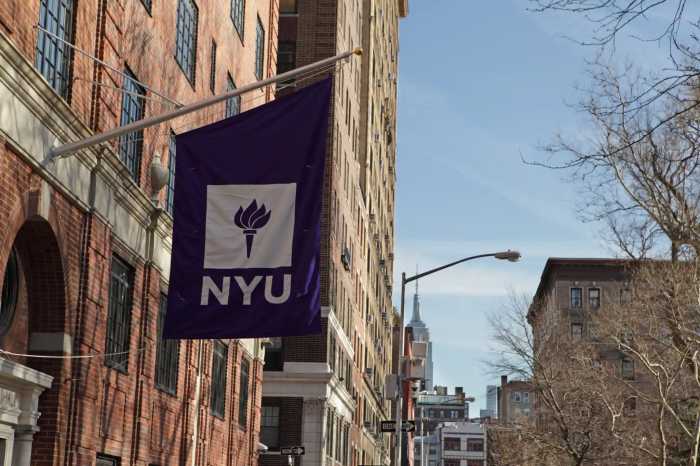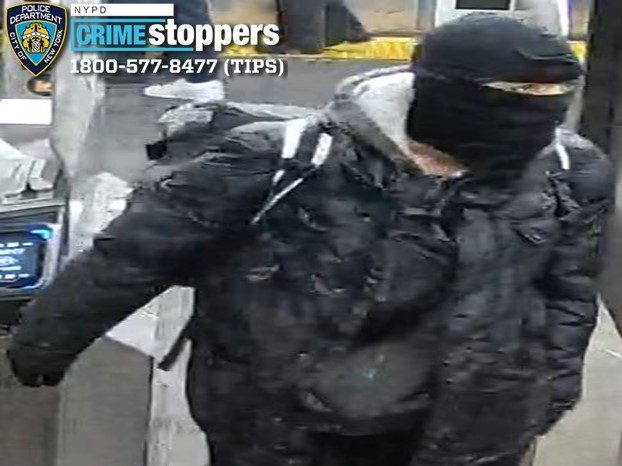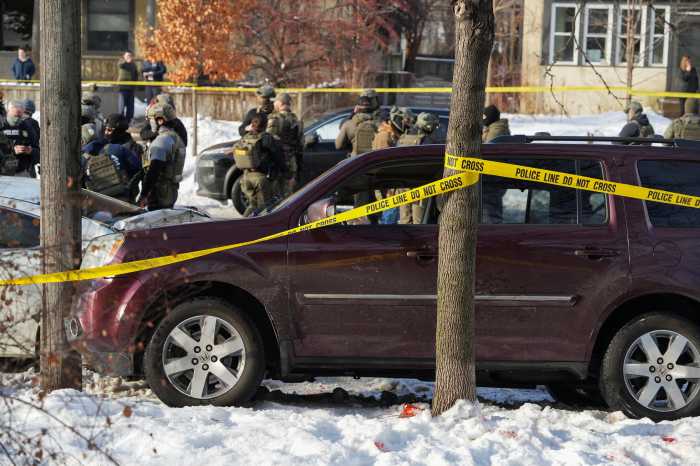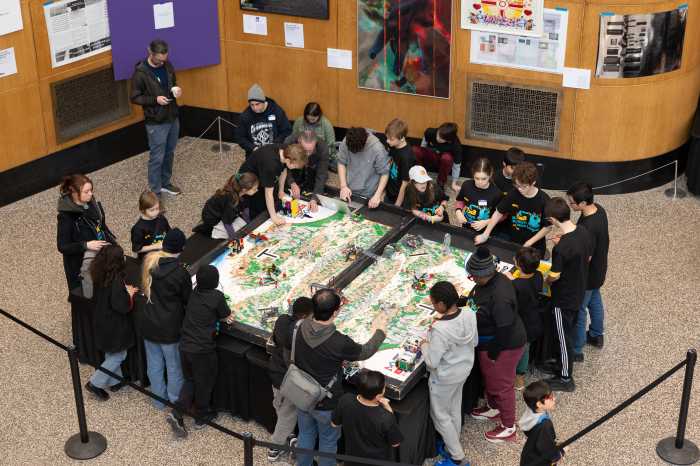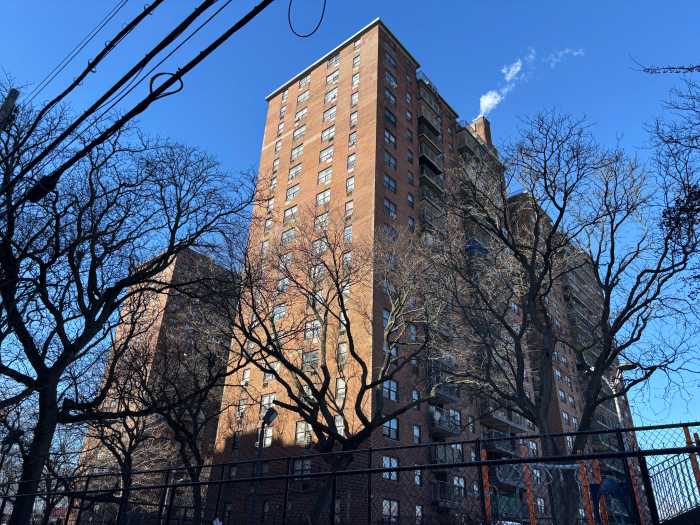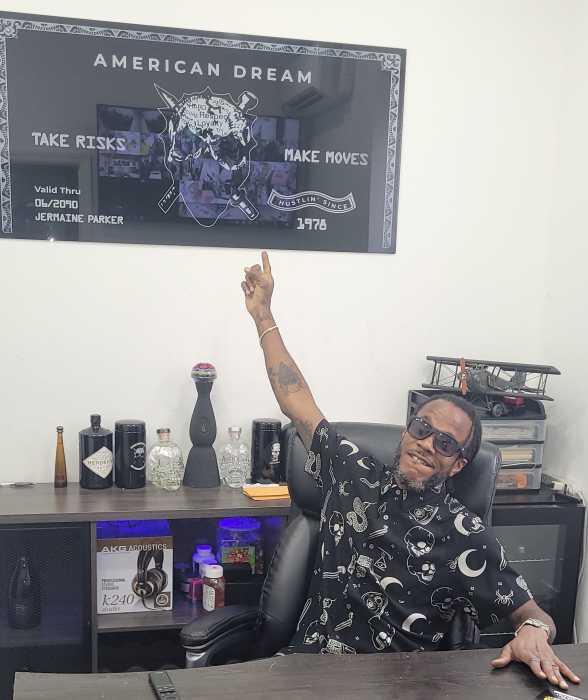In a new report on police sexual violence, LGBTQ New Yorkers were among those who said they are disproportionately targeted by law enforcement in the city.
Communities United for Police Reform (CPR) and the The Public Science Project (PSP) — a collective of City University of New York (CUNY) professors and students — spearheaded the report, which consisted of a four-year initiative drawing from a survey administered to 3,778 New Yorkers about their experiences with police sexual violence, harassment, assault, and coercion. CPR and PSP supplemented the survey with two virtual community town hall meetings and 37 in-depth interviews with survivors. Respondents included groups that have historically been targeted by the NYPD, like women of color and people who are LGBTQ, low-income, unhoused, and more. Survey respondents were compensated for their participation.
The report found that many New Yorkers who have been impacted by police sexual violence often feel unsafe or dismissed when attempting to report these incidents. Many choose not to report at all because of police impunity.
Among transgender and non-binary survey participants, 25% reported receiving unwanted sexual attention from NYPD officers — roughly twice the rate reported by cisgender participants — and 43% of trans and non-binary participants felt targeted due to their gender. Reported forms of harassment included derogatory remarks, refusal to honor requests for gender-appropriate frisks, and “gender checks,” where officers illegally frisked individuals under the assumption that their gender expression did not match their sex.
One interviewee, Scott, a Black queer, transgender, and non-binary individual, described being detained and bullied by officers for 1.5 hours after leaving a mall, being harassed with questions of “Are you female?” and “Why are you queer?”
“They demanded answers, answers which I could not give, so they started telling me that I was not abiding by the laws,” Scott said. “One of them slapped me, told me that I’m under arrest… along the way, they were just making fun of me and teasing me.”
While transgender and gender non-conforming folks have experienced a disproportionate amount of policing, LGBQ individuals have also felt singled out by New York City’s police force, according to the report. Around 13% of LGBQ+ participants reported that they felt targeted because of their sexual orientation, with 9% reporting harassment and comments based on their sexuality.
Rob, a multiracial gay man living in Brooklyn, spoke about the lack of response to the domestic violence that he said he experienced and reported — a silence that he attributed to his race and sexuality. The first recorded account was when his white partner, David, violently strangled him in the middle of the night. The police did not respond to the call.
“I would go into the precinct and they would just laugh at me as I’m filling out the documents,” said Rob. “They arrested me to take me to the hospital to deal with my injuries, but they let the person who was doing the injuries to me stay comfortable at home.”
Around 19% of overall survey respondents — including non-LGBTQ individuals — reported that they had experienced police sexual violence in their lifetime, and 12% reported some form of sexualized attention. Moreover, 24% of interviewees also reported sexualized attention from the NYPD.
These instances have also greatly affected female-presenting New Yorkers, with 10% saying they felt targeted for their gender and 8% experiencing gender-based harassment. Low-income women of color have been particularly vulnerable.
Jessica, a Latinx woman from Staten Island, reported being degraded by officers when they harassed her and her co-worker at the bus stop and said things along the lines of “you two are very sexy… look at your bodies together.”
She stated that certain officers are more aggressive and “don’t want to take no for an answer,” so they would resort to calling her demeaning names like “b-tch” and “sl-t,” becoming more verbally aggressive with her the longer she resisted their advances.
“This report makes clear that police-perpetrated sexual violence is a pervasive issue in our city that deserves greater attention from lawmakers across all levels of government,” out Brooklyn Councilmember Crystal Hudson said in a written statement. “Survivors of this violence need swift action to hold perpetrators accountable and establish greater transparency around this all-too-common issue. … These findings lay bare what so many New Yorkers, especially Black and brown women and gender-expansive people, have been saying for years: the NYPD cannot be left to investigate itself. We have a responsibility to meet this crisis with urgency and honesty and build structures of transparency and accountability that actually keep people safe.”
CPR and PSP suggested three solutions in their report: Firstly, expand NYPD oversight, transparency, and accountability by holding officers accountable for sexual violence, harm, and abuse, as well as demanding that the NYPD comply with city and state transparency laws; secondly, reduce the size and scope of the NYPD by disbanding historically abusive NYPD units with track records of sexual misconduct; and thirdly, invest in non-Police crisis Intervention and Survivor Support by giving non-police responses to domestic violence and supporting the survivors of police sexual violence.
A spokesperson for the NYPD who was reached for comment on Nov. 21 described the report as “flawed” and not representative of the entire city. Town hall and survey sites included the New York City Anti-Violence Project, the New York Civil Liberties Union, the Audre Lorde Project, the Henry Street Settlement’s Boys and Girls Republic, and the Center for Constitutional Rights, according to the report.


